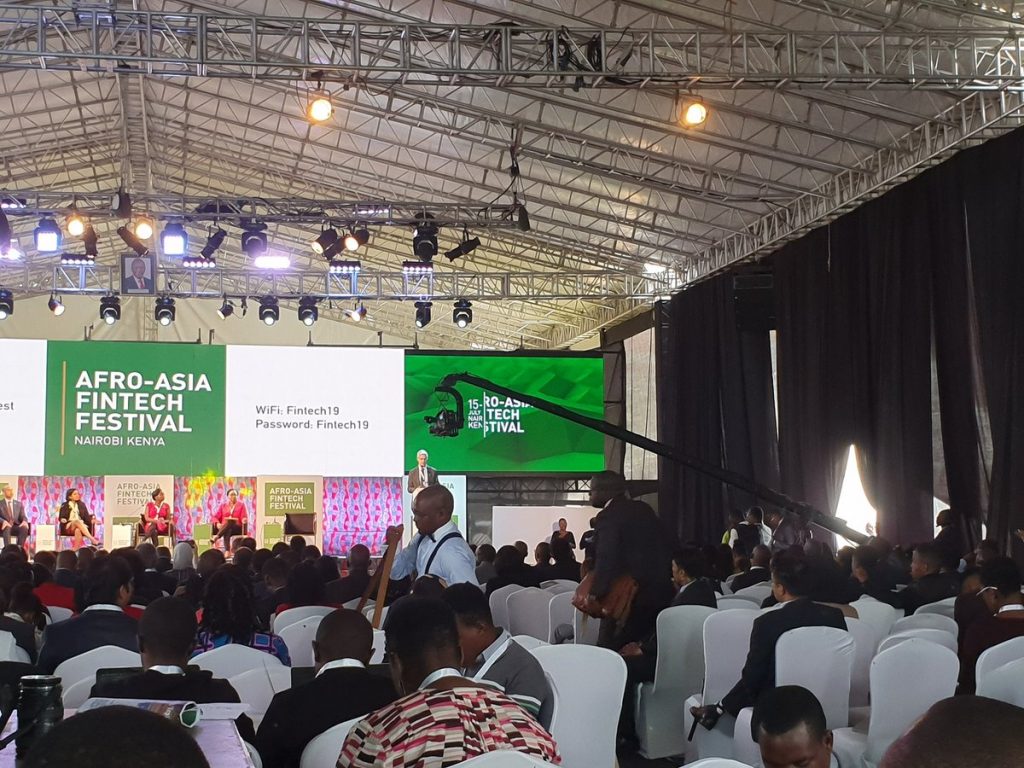advertisement
Afro-Asia Fintech summit discusses Blockchain and Cryptocurrency regulation in Africa
The use of digital solutions for money transfers and the rapid implementation of such technologies are not new to Africa…

The use of digital solutions for money transfers and the rapid implementation of such technologies are not new to Africa anymore. Approaches to the regulation of such financial technologies (fintech) is however, not clear in many African countries, as was realized at the ongoing Afro-Asia fintech festival in Nairobi.
Ashlin Perumall, Senior Associate in the Corporate/M&A Practice at Baker McKenzie in Johannesburg, who was part of the Blockchain in Africa panel at the Afro-Asia FinTech festival noted that the pervasiveness of mobile telecommunication usage in Africa is said to have enabled the continent to leapfrog many first-world countries.
“Mobile phone usage grew from less than 3% to 80% in under a decade and there is already an abundance of local mobile and e-payment platforms that have seized this as an opportunity to develop innovative ways to ease the transfer of money across the continent,” she said.
advertisement
She also noted that there has been a mixed reaction thus far by African governments to the use and regulation of blockchain and cryptocurrency in Africa,” she said
During his keynote speech at the fintech festival, President Uhuru Kenyatta said that Kenya will continue leveraging on new technologies to deepen financial inclusion and enhance service delivery.
The president, who spoke on the first day of the festival said that the country is registering impressive successes in the deployment of technological solutions in various sectors of the economy especially in financial inclusion and in enhancing efficiency in the delivery of public services.
advertisement
“Riding on mobile phone financial services, access to financial services in Kenya has more than tripled from 26 percent in 2006 to 82 percent in 2019,” President Kenyatta said.
Further, sub-Saharan Africa is reported to have the second highest population of unbanked adults in the world, at about 350 million people, or 17% of the global total. Reportedly, two thirds of sub-Saharan Africans do not have a bank account. These, amongst many other factors, have created the ideal environment for new ways of moving value, and present many of the challenges that distributed ledger solutions aim to solve.
Despite this, a high percentage of migrant work, both within and between African countries, results in a disproportionate need for remittance mechanisms outside of traditional banks. And foreign remittance remains a primary source of income for many African communities and households, with countries like Lesotho purportedly attributing almost a third of their GDP to remittances from abroad.
advertisement
Considering the speed at which this technology is being embraced on the continent, there is great potential for African countries to develop regulations governing fintech use, with the intention of incentivising foreign direct investment in this sector.
The two-day financial technology (Fintech) conference is the first of its kind globally and is jointly organized by the Central Bank of Kenya (CBK) and the Monetary Authority of Singapore (MAS), and brings together thousands of delegates from Africa and Asia.
.